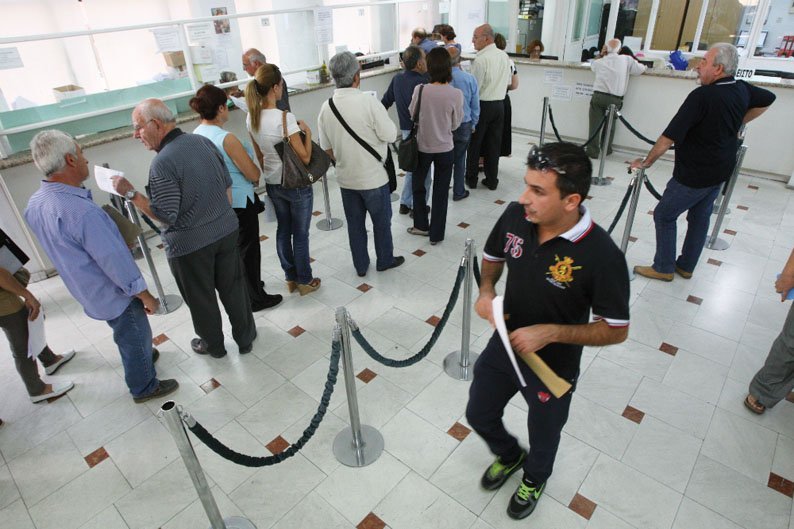The recent 1.5 per cent salary bump granted to all public-sector workers will also benefit those on state pensions, including those receiving multiple pensions, it emerged on Tuesday.
There are 71 people who previously served in government or semi-governmental organisations who currently get multiple pensions – a controversial issue in itself.
Last month the government agreed to give all public-sector employees a 1.5 per cent increase on their base salary, which kicks in on October 1.
This was a ‘general increase’ – a fixed percentage increase applying to all employees in the central government and broader public sector. A general increase had not been given since 2009.
On top of that, workers in the public sector automatically receive annual pay increments, where the percentage increase is not fixed but rather depends on a person’s pay scale. Also, they receive Cost of Living Allowance (CoLA).
According to preliminary estimates, the extra total cost to the state payroll from the 1.5 per cent rise comes to €40 million per year. For the months of October to December this year, the additional cost tallies at around €10 million, this figure including the increases to the pensions of public-sector retirees.
The overall public wage bill for 2025 is anticipated at €4 billion; last year it came to €3.5 billion.
Over the 2023-2024 period, the public payroll will go up by approximately 10 per cent, largely due to the upgrading of CoLA from 50 per cent to 67 per cent but also the annual increments. All public-sector workers are entitled to CoLA, compared to only 28 per cent of employees in the private sector.
The 1.5 per cent rise in the base salary was agreed and signed with trade unions days after an IMF team had departed the island. The IMF team has been commissioned by the government to carry out a study on how to rationalise the public wage bill.
Following the deal granting the 1.5 cent rise, the Fiscal Council sounded the alarm at the upward trajectory of the public payroll. It said the payroll’s rate of growth exceeds productivity, inflation and GDP growth.







Click here to change your cookie preferences